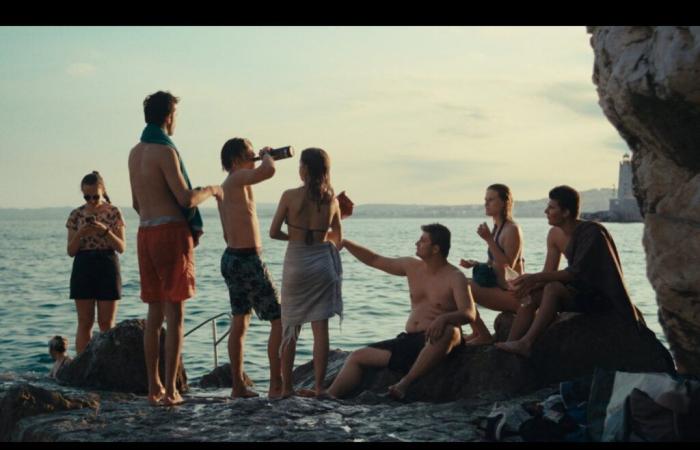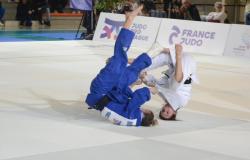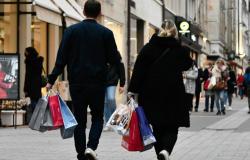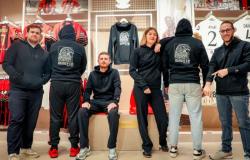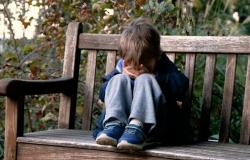The latter received the gift of magnetism very early and uses it far from the persistent image of the silent back-kitchen healer. Juliette calls herself a “fire cutter”. She talks about it openly on social networks, which has earned her the following of around fifty thousand people. An atypical, sunny profile, which gives the film its depth. “When I came across her, I immediately fell in love with her,” enthuses the director. She is young and at the same time very mature when she talks about her gift. And then, it’s also truly a cinema character. She captures the camera, she takes up space on the screen.”
Summer break
There is the central character, there is also the setting. This is the other big step aside from the film. Pauline Jeanbourquin followed her protagonist during a scout camp in Nice for a summer. She and her team played it discreetly and immersed themselves in the group of teenagers who surrounded the healer during this summer break. “When I learned that Juliette was going to camp, I said to myself that it was the perfect opportunity to shoot the film,” smiles Pauline Jeanbourquin.
Feu feu feu thus takes the opportunity to address more broadly the questions of this generation of adolescents for whom a complicated world is predicted. “What are they dreaming of? What are their doubts? lists the director. We realize a certain loss of bearings in an era where everything is possible and where it is sometimes difficult to know where we are going.”
This documentary also allows us to observe the way in which these young people approach the theme of secrecy and spirituality. “We sometimes see Juliette trying to cure her friends’ sunburns and some asking her to teach them her gift. There is also someone who very directly states that they do not believe in these things,” points out the 29-year-old young woman.
The part of fiction
All this put together makes for something very “summer movie”. Its author also claims it. The impression is reinforced by the care taken in the image composition, often shot in the light of the morning or the setting sun.
You sometimes wonder what part is documentary and fiction, what is spontaneous and what is staged. The director restores order. “We were very fortunate that the camp had a very specific program. We knew when certain topics were going to be discussed. Sometimes, we simply allowed ourselves to ask the young people to postpone their discussions to another time, to a more aesthetic place .The rest happened naturally. They were very generous in what they delivered on their own.”
“Fire, Fire,” was released in theaters on November 13. He will arrive at Cinémont on Friday as part of Delémont-Hollywood. There is no doubt that in a land of secrecy like ours, the seats will be well filled. “It’s not a film exclusively reserved for people interested in this subject. It also deals with universal themes,” she adds straight away.
As for her, there’s no time to get bored. La Vadaise today established between Delémont and Vevey is lucky to make a living from cinema. Another of her productions has also recently become visible: Le coeur à l’ breeding, another documentary, which this time sent her to immerse herself in the daily life of a cow breeder.
Between that and the secret, the Jurassienne remains close to her roots.

